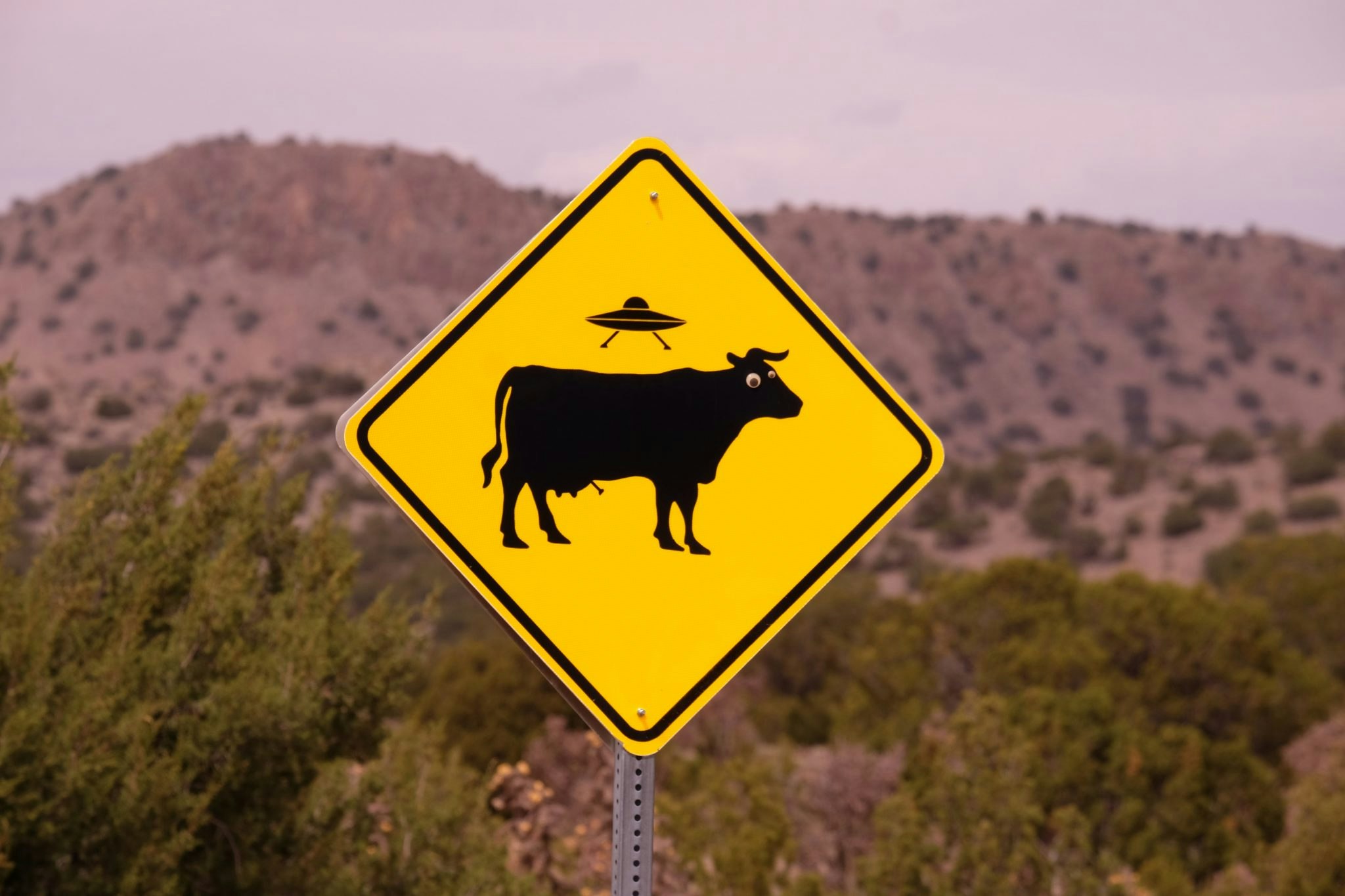Mosa Meat — the Dutch company which made the world’s first lab-grown meat burger back in 2013 — has raised $55m in new funding, which it hopes to use to bring the burgers to actual customers.
The funding, led by Switzerland's Blue Horizon Ventures, will be used to expand Mosa Meat’s facility in Maastricht into an industrial-sized production line, as well as getting European licences for the products.
The raise comes amid a flurry of interest from investors and consumers for alternative meat products. Much of the early interest has been in companies such as Beyond Meat and Impossible making burgers made of plants which look and taste like meat.
But Mosa Meat is creating actual meat, just a type made in a lab rather by a living animal, which is seen as the next frontier in food technology. “In the next 3 years, we aim to scale up to one industrial-sized production line, work with regulators to demonstrate the safety of cultivated meat, and introduce the first cultivated beef to consumers,” Mosa Meat’s head of production Sarah Lucas told Sifted.
The startup now has 50 scientists working on the burgers and they’ve managed to bring the cost of an individual burger down 88 times compared to what it was back in 2013. The first burger cost €250,000 to make – it was funded by Google cofounder Sergey Brin — but the startup now projects that each burger will cost €9.
The hefty price of Mosa Meat’s first burgers was down to the serum the cells were grown in — fetal bovine serum (FBS) — which is found in cows’ fetuses. One litre cost between £300 and £700, and it took around 50 of them to make one burger.
But the team’s scientists have now managed to remove FBS from the process.
“Our team successfully removed FBS by ensuring that the essential elements of FBS are in the growth medium, but sourced animal-free,” Lucas says. So far, the FBS is replaced with pharma-grade component equivalents, but the team is working on agricultural grade replacements, which are much cheaper.
Mosa Meat is part of a wider, very active lab-grown meat startup scene in Europe, and the companies are racing to bring animal-free meat to the table.
Higher Steaks, a UK-based company, grows lab-grown pork using stem cells taken from blood samples. It then reprogrammes the stem cells to make tissues like muscle and fat, and it's hoping to be manufacturing pork and bacon for consumers in the next few years.
Dutch startup Meatable also uses stem cells from blood samples, this time to try and produce lab-grown beef mince. The company then uses a ‘top secret’ serum to grow the cells.
In Israel, there are two startups working to try and produce lab-grown chicken for consumers. The first, SuperMeat, wants to produce gourmet chicken products and the other, FutureMeat Technologies, wants to sell lab-grown meat technology to farmers, aiming to move traditional farming towards meat-free alternatives.
Startups working on lab-grown meat have reported the difficulty of securing funding from investors, given the significant time between investment and return.
Laura Gertenbach, who runs Innocent Meat, a German startup, told Sifted that investors were initially unsure of the product, but are warming to it.
“At the beginning when I was presented to people including investors, they smiled at me like I was crazy, they didn’t take us seriously. But the awareness has changed,” she said.
“Some investors still refuse investment because the time [until a return] will be longer than a digital business concept, but real innovation in the food industry is very rare, it will take longer, and it will be worth it.”
Having secured funding, Mosa Meat’s next hurdle is getting regulatory approval for the product. “In Europe, it’s determined by a Novel Foods approval process, which is expected to take at least one and a half years,” Lucas says.
“We're working as hard as we can to get to market, because we want to start making a real impact as soon as possible,” she says. “We aim to pioneer a cleaner, kinder way of making real beef, and ultimately reshape the global food system.”


